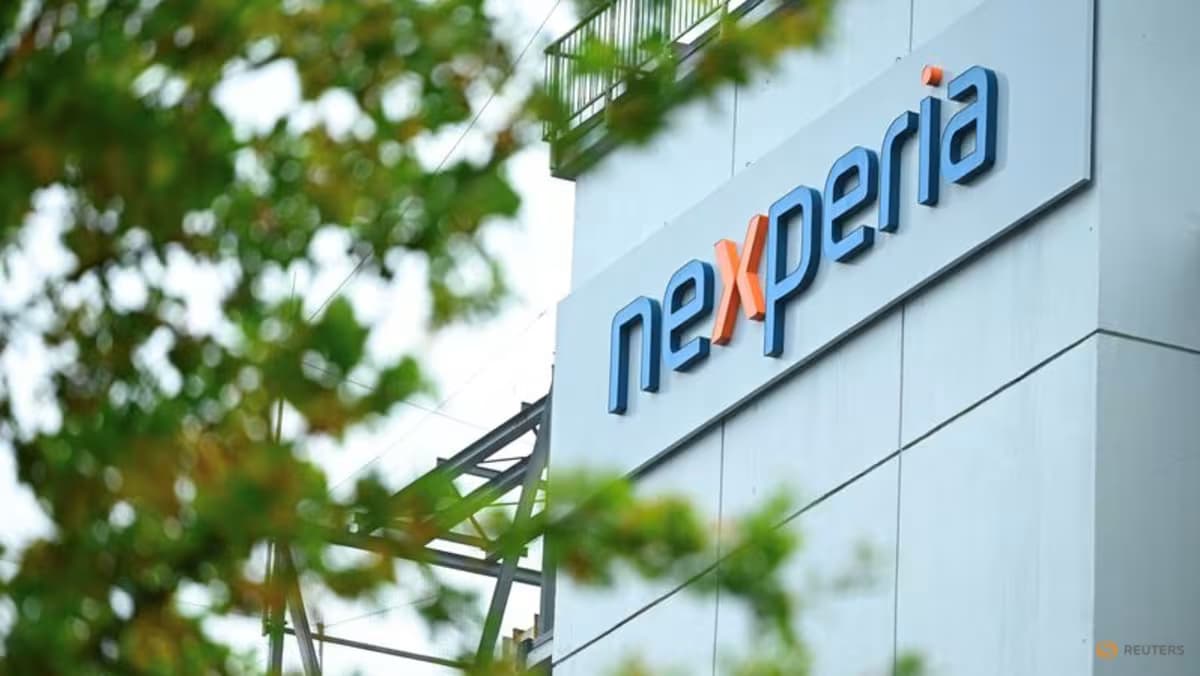We're loading the full news article for you. This includes the article content, images, author information, and related articles.
The decision, following high-level US-China talks, offers relief to global supply chains but highlights the volatility impacting Kenyan car prices, electronics availability, and the nation's budding tech manufacturing ambitions.

GLOBAL – China’s Ministry of Commerce announced on Saturday, 1 November 2025, that it will grant exemptions to a crippling export ban on semiconductors produced by Nexperia, a move set to ease acute disruptions in global supply chains. [9, 11, 13] The decision follows a high-stakes agreement reached between Chinese President Xi Jinping and his American counterpart Donald Trump during talks in South Korea on Thursday, 30 October 2025, according to a report from the Wall Street Journal. [9, 15, 23]
In a statement, the ministry confirmed it would "comprehensively consider the actual situation of enterprises and grant exemptions to exports that meet the criteria," urging affected companies to contact commerce authorities. [9, 13, 15] This announcement caps a month of intense economic and diplomatic turmoil that threatened to halt vehicle production lines across Europe and Asia. [6, 27]
The crisis ignited in late September, rooted in the escalating technology rivalry between Washington and Beijing. On 29 September 2025, the United States implemented a new "50 percent subsidiary rule," expanding its export restrictions to any company majority-owned by an entity on its trade blacklist. [7, 10] Nexperia, a Dutch-headquartered firm, was immediately affected as its parent company, the Chinese-owned Wingtech Technology, was added to the U.S. entity list in December 2024. [7, 15]
A day later, on 30 September 2025, the Dutch government took the “highly exceptional” step of seizing control of Nexperia, invoking a Cold War-era law known as the Goods Availability Act. [5, 6, 8] Dutch officials cited “serious governance shortcomings” and an “acute and serious threat” to Dutch and European technological sovereignty, amid concerns that Nexperia's then-CEO, Zhang Xuezheng, was attempting to move production and intellectual property to China. [5, 8, 18]
Beijing's reaction was swift. On 4 October 2025, China’s Ministry of Commerce imposed a retaliatory ban, prohibiting Nexperia’s extensive facilities in Dongguan, China—which handle packaging for about 70% of its products—from exporting finished components to Europe. [7, 15, 20] This move effectively weaponized a critical node in the semiconductor supply chain, as Nexperia produces basic but essential chips—such as diodes and transistors—that are indispensable for the automotive, industrial, and consumer electronics sectors. [6, 23]
While the dispute centered on Europe, its shockwaves have direct implications for Kenya. The global semiconductor shortage has already caused significant disruption locally, leading to vehicle shortages and delays for popular models from major dealers. [33] In September 2021, Chris Ndala, the managing director of DT Dobie, which sells Volkswagen and Mercedes vehicles, confirmed that the global shortage was a major issue affecting the Kenyan market. [33] The Nexperia crisis threatened a new wave of such disruptions, potentially driving up prices for both new and used cars. [25]
The volatility also affects Kenyan consumers and businesses through the price and availability of electronics. [4] Kenya is heavily reliant on imported smartphones, laptops, and computers, all of which depend on the very type of components Nexperia produces. [4] A prolonged shortage could slow growth in Kenya’s vital fintech and e-commerce sectors and increase operational costs for the nation's tech startups in hubs like Nairobi's 'Silicon Savannah'. [4, 34]
This geopolitical friction underscores the vulnerability of relying on concentrated global supply chains. It also provides context for recent strategic moves to position Kenya within the semiconductor ecosystem. In May 2024, the US Trade and Development Agency announced a partnership with Kenya's Semiconductor Technologies Limited (STL) to develop the country's capabilities in Assembly, Testing, and Packaging (ATP). [35] This initiative is part of a broader global push to diversify chip manufacturing away from East Asia. [28] Analysts suggest that while Africa is currently a minor player, possessing critical raw materials and a young workforce could allow nations like Kenya to carve out a niche in the multi-trillion-dollar industry, enhancing technological sovereignty and economic resilience. [22, 28, 35]
The resolution of the Nexperia standoff, brokered by the world’s two largest economies, provides immediate relief. However, for Kenya, it serves as a stark illustration of how distant geopolitical power plays can directly impact the local economy and highlights the strategic importance of developing domestic and regional high-tech manufacturing capacity. [4, 22]
Keep the conversation in one place—threads here stay linked to the story and in the forums.
Sign in to start a discussion
Start a conversation about this story and keep it linked here.
Other hot threads
E-sports and Gaming Community in Kenya
Active 9 months ago
The Role of Technology in Modern Agriculture (AgriTech)
Active 9 months ago
Popular Recreational Activities Across Counties
Active 9 months ago
Investing in Youth Sports Development Programs
Active 9 months ago